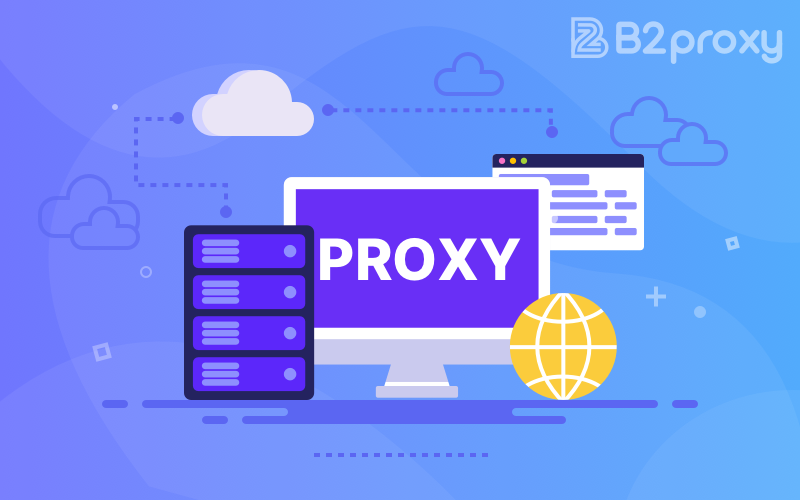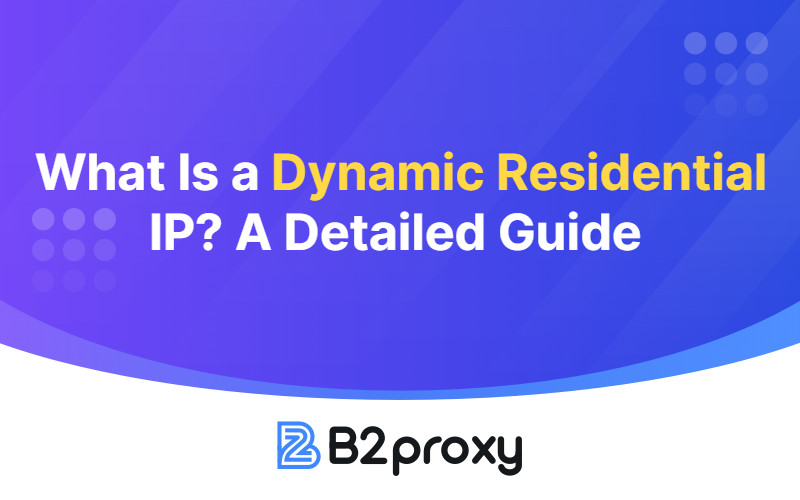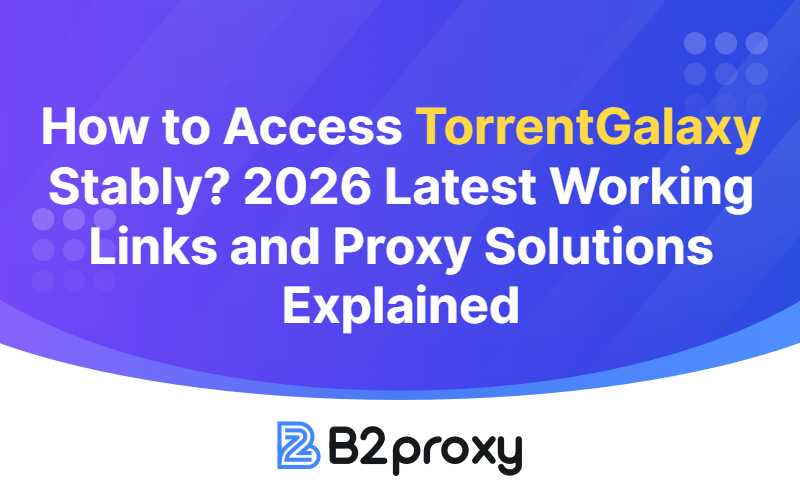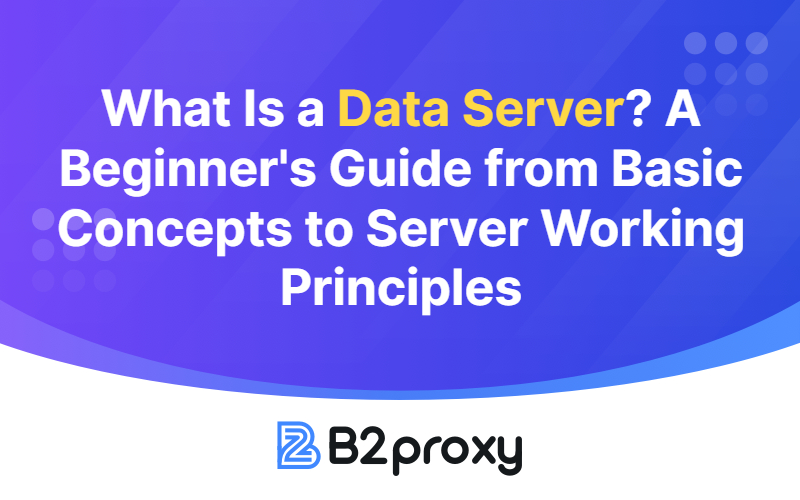Unlimited Proxies vs. Pay-Per-Traffic Plans: Balancing Cost and Efficiency
 September 27.2025
September 27.2025

<p>In today’s fast-paced world of cross-border e-commerce, SEO, and large-scale data analysis, businesses rely heavily on reliable proxy solutions. Two of the most common pricing models are unlimited proxies and pay-per-traffic plans. Understanding the differences between these options is crucial for companies that want to strike the right balance between cost and operational efficiency.</p><p><br></p><p><strong>Advantages and Trade-offs of Unlimited Proxies</strong></p><p>The biggest attraction of an unlimited plan is its predictable pricing. Users pay a fixed fee and can run high-volume web scraping or continuous market monitoring without worrying about exceeding a data cap. For teams running long-term SEO campaigns or constant price-tracking across multiple regions, unlimited usage ensures consistent performance.</p><p>However, “unlimited” doesn’t always mean “limitless.” If a provider lacks sufficient infrastructure, bandwidth may be shared among many clients, which can lead to slower speeds or unstable connections. Before choosing an unlimited plan, companies should examine the provider’s network capacity and resource allocation to avoid performance bottlenecks.</p><p><br></p><p><strong>Features of Pay-Per-Traffic Proxies</strong></p><p>Pay-per-traffic plans work well for small to mid-sized businesses or individuals with moderate scraping needs. The flexible pricing—paying only for the data you actually use—makes this model cost-effective for short-term projects or infrequent tasks.</p><p>That said, costs can rise quickly if your data requirements spike unexpectedly. A sudden increase in scraping volume or traffic can cause expenses to exceed those of an unlimited plan, making careful monitoring essential.</p><p><br></p><p><strong>Weighing Cost Against Efficiency</strong></p><p>Choosing the right plan starts with assessing your own usage patterns. If your operations demand continuous data gathering, global keyword analysis, or round-the-clock monitoring, an unlimited plan provides better cost control and long-term stability.</p><p>For teams with occasional or seasonal tasks, the pay-per-traffic model can be more economical, avoiding unnecessary fixed fees.</p><p><br></p><p><strong>Importance of a Trusted Provider</strong></p><p>Whatever plan you select, a reputable provider is critical. Services such as <a href="https://www.b2proxy.com/" rel="noopener noreferrer" target="_blank">B2Proxy</a> offer diverse geographic nodes and robust infrastructure, ensuring stable connections and responsive support whether you prefer unlimited or pay-per-traffic options.</p><p>Equally important is verifying that the provider maintains a secure and transparent proxy server environment, including clear reporting tools to track bandwidth usage and protect sensitive data.</p><p><br></p><p><strong>Conclusion</strong></p><p>Unlimited proxies and pay-per-traffic plans each have distinct strengths and limitations. Companies should evaluate long-term goals, budget, and scraping frequency before deciding which model fits best. By pairing the right plan with a trustworthy provider, businesses can maintain steady operations and cost-effective data acquisition, staying competitive in an increasingly data-driven market.</p>
You might also enjoy

What Is a Dynamic Residential IP? A Detailed Guide to Cross-Border E-commerce Account Isolation and Risk Control Solutions
Breaks down dynamic residential IPs, highlighting their role in account isolation, risk control, and building secure cross-border e-commerce systems.
February 27.2026
How to Access TorrentGalaxy Stably? 2026 Latest Working Links and Proxy Solutions Explained
A practical 2026 guide to accessing TorrentGalaxy reliably, explaining domain shifts, ISP restrictions, proxy methods, and security considerations.
February 27.2026
What Is a Data Server? A Beginner's Guide from Basic Concepts to Server Working Principles
Beginner's guide to data servers, covering core concepts, working principles, architecture, stability factors, and future cloud-driven trends.
February 26.2026







